The project
Favela Organica Project is a pioneer initiative originated in the communities of Babilonia-Chapeu Mangueira, in Rio de Janeiro, Brazil. It was created in September 2011, with only R$ 140,00, as the result of Regina Tchelly’s sensitive look and determination. Aiming to modify people’s relation with food, to avoid waste, to take care of the environment and to show the world that it is possible to fight hunger, the project has already traveled other Brazilian states and even other countries, such as Italy, France and Uruguay.
The mission of the project is to modify the relation between humans and food, promoting awareness towards each step in the food cycle: starting from grocery planning and progressing until meal prepping and waste disposal. Therefore, it creates environmentally friendly and healthy food habits and practices. Planting or planning the groceries, picking the food, preparing the meals and eating them, and taking special care of waste are actions of extreme importance, that demonstrate love for others and for our planet.
By taking part in the project’s workshops and lectures, it is possible to widen your vision towards the food, by valuing seeds, peels, stems and leaves – which are usually discarded – as ingredients and source of nutrients. In this manner, people rediscover the food they already knew, by finding out new flavors and increasing the quality of their diet. The goal is to awake in each and every person the responsibility towards the development of a better, healthier and fairer world.
Favela Organica also brings changes in the culture of consumption and waste: when the food is used completely, people buy less and generate more meals with the same amount of products. The parts that are not used in the meal do not become trash, but raw material for the production of homemade fertilizers.
The term “organic” that composes the name of the Project expresses the sense of appreciating the intimacy that we – humans – should have towards the food that nourishes us and towards the relation between our bodies and the earth. The name “organic” proposes the rescue of the meaning of live: the love that is wisely giving back to earth everything it gives us.
Special thanks to Alan Miguel Gonçalves and Juliana Portella for the pictures on the left.
Services
Food Cycle Workshops
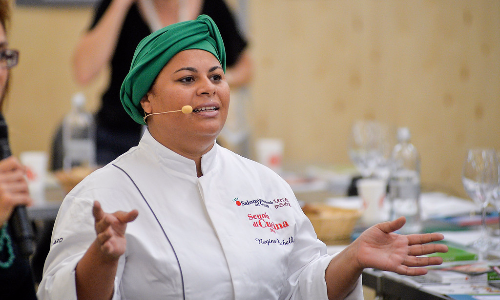
Alternative gastronomy: integral food utilization, conscious consumption, homemade composting, food gardening in small spaces.
Alternative Gastronomy
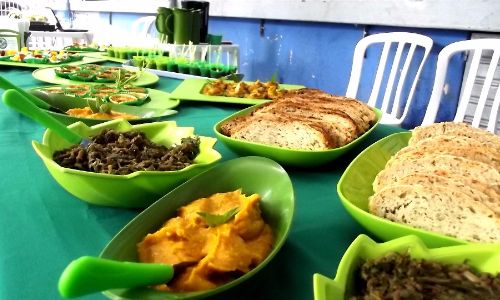
Breakfast, brunch and coffee breaks; corporate events; birthdays; weddings; events in general.
Professional training
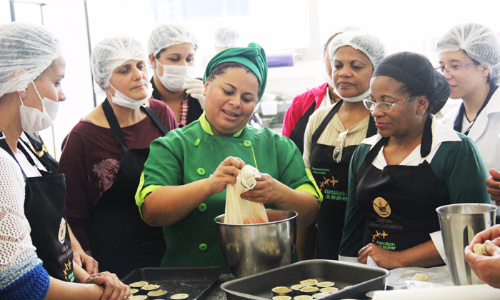
Restaurants, school cafeterias, culinary schools, hotels, street markets, food distribution centers.
What we believe
Vision
We aim that Favela Organica’s methodology is practiced by all people, becoming a public policy, fighting food waste and hunger completely.
Mission
To modify the relationship between human beings and food, by restoring and appreciating intimacy, love and respect that we should all have towards nature, the one which nurtures us. To modify as well the relationship between our body and the Earth, through education about the food cycle and the cycle of life.
Values
Respect and love for food and nourishment; appreciation for producers; self love and self-esteem; pleasurable and affectionate kitchen; holistic approach to life and the food cycle; return to nature all it gives us.
The Food Cycle
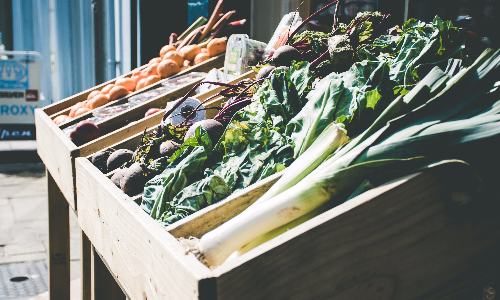
Conscious Consumption
Every conscious action or change of attitude comes from our thoughts. The first step of the food cycle emerges from the reflection on the large amount of garbage we produce and the awareness we must create to consume only what’s necessary.
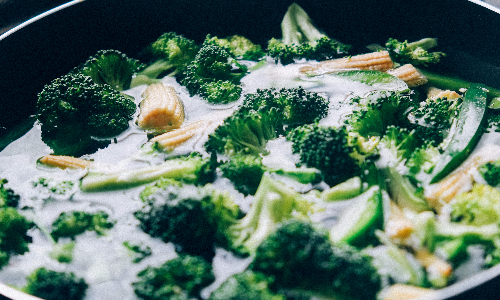
Alternative Gastronomy
When we reflect on what we consume, we are capable of changing our perspective about what really needs to be discarded in our kitchen. When adding peels, rinds, seeds and stems in our recipes, it is possible to have a healthier diet, in which the food is prepared with love and zero waste.
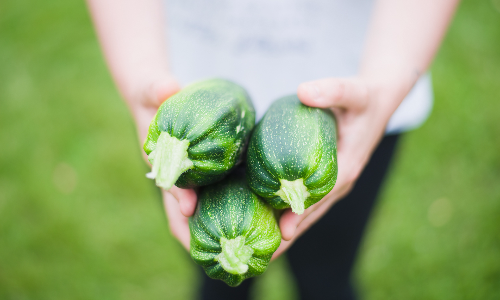
Composting at home
Even when following the principles of the whole use of food, there are still parts of vegetables and fruits that can’t be used in our recipes, which are called organic residues. Instead of being disposed, these residues become fertilizers and enable production of more food through home gardens. Thus, we return to the earth what it gives to us.
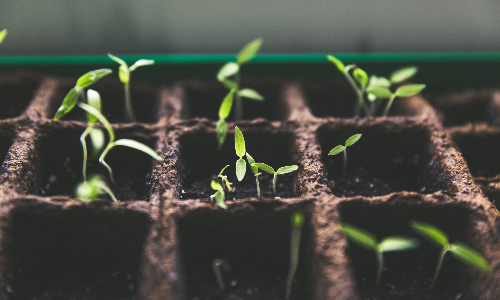
Food Gardens in Small Spaces
We spread the idea that we are all capable of producing food regardless of the space we have at home; all that’s required is knowledge and respect for nature and its cycle.







